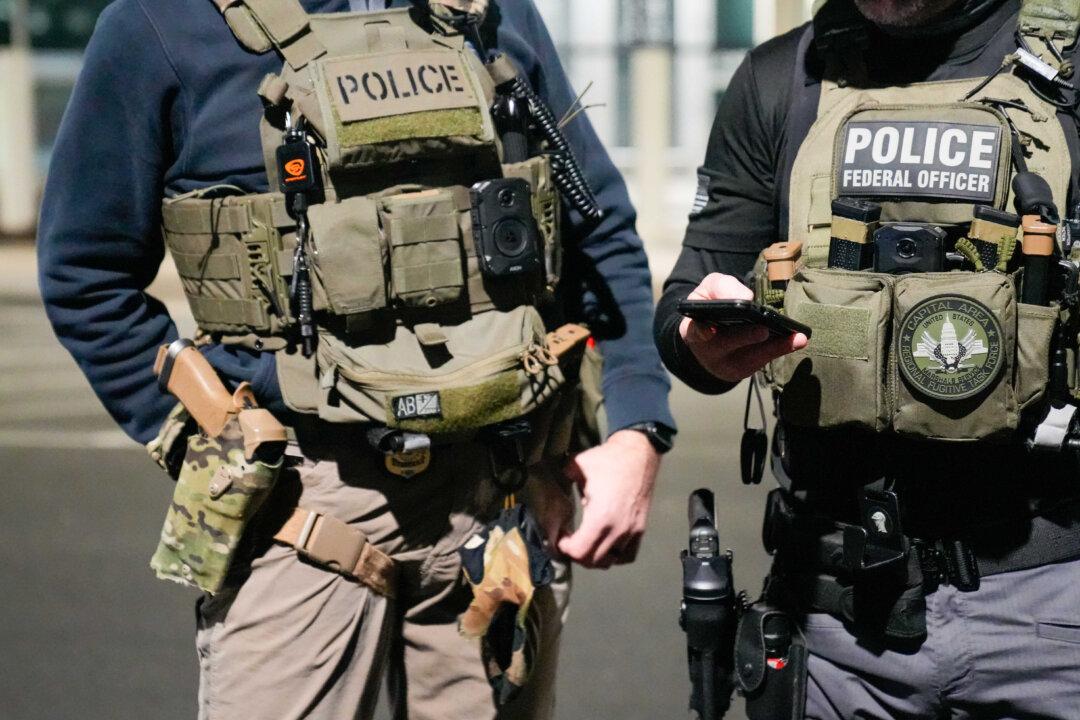Denver’s public school system on Feb. 12 sued the U.S. government over its new policy that lets immigration agents enter schools and other so-called sensitive places.
The policy violates federal law by being arbitrary and capricious, since the U.S. Department of Homeland Security (DHS) “has not demonstrated that there are good reasons for the new policy,” the school system stated in a motion for a temporary restraining order.





